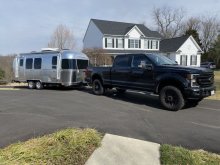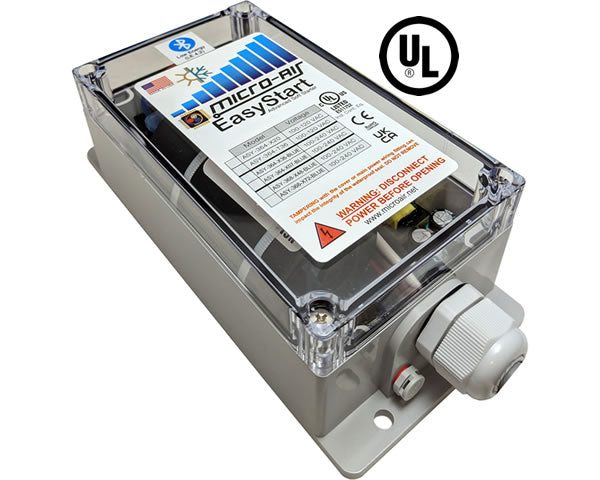I'm new to this forum, but have been a full time RVer for the last 6 years. We spend most of our time boondocking - 80% of our nights or more, we've gone for several months without being plugged in and often run the generator for exercise, not energy, so I know a bit about about this.
We're on our second RV with Lithium batteries, this one has 400Ah@12v and 780W of solar on the roof.
IMHO, living exactly like you're on shore power isn't really practical, even with a generator. Most of your daily activities, short of running the air conditioning, can be done happily off a moderate battery bank and some solar.
Higher demand items, like heating or cooling with electric, or running your propane/electric fridge is possible for a small amount of time, but even with a generator long term operation of those items becomes problematic since running a generator or idling a truck for hours on end has it's own set of issues ( noise, maintenance, fuel requirements, etc. ).
My suggestion would be to upgrade the batteries ( move them inside if you can ) and the solar. Zamp is pretty low end and 270W isn't a lot. I'd also add a battery meter with a shunt, once you have a good feel for how much energy you need in a day ( we use about 200Ah@12v daily, but a mostly sunny day is enough to put all of that back )
Then, on consecutive cloudy days, use the DC to DC charger to top off the batteries from the truck.
FWIW, we live a comfortable life, but don't live exactly like we can on shore power. On shore power, heat often comes from electric space heaters, while out in the boonies we use a catalytic propane heater and the built in RV furnace. The fan needs power, but we've got plenty for any reasonable night down into the teens.
We heat water in a pot and use a pour over coffee pot ( no electric coffee maker ) but frequently use an electric toaster oven for toasting or light baking needs. We use our microwave about as much as we want. My wife and I typically work at our laptops much of the day since we're not retired. At night, LED lights hardly draw any power at all and we've got a 34" TV with a sound bar that we waste too much time watching.
Hot weather means fans, move somewhere cooler or find somewhere with power. As I write this, the sun is just going below the point where it's generating any useful power, we're at 95% even after I used about 15% to run the water heater for dishes.
Good luck and safe travels!




